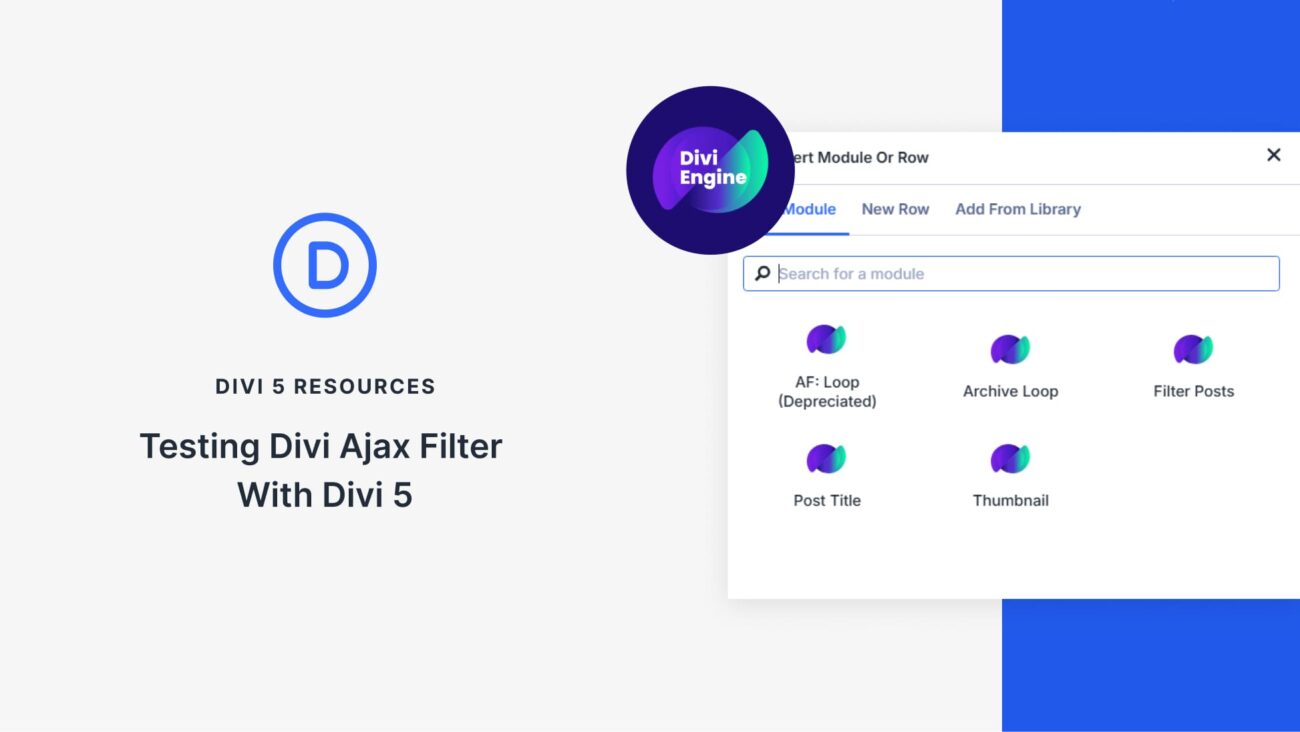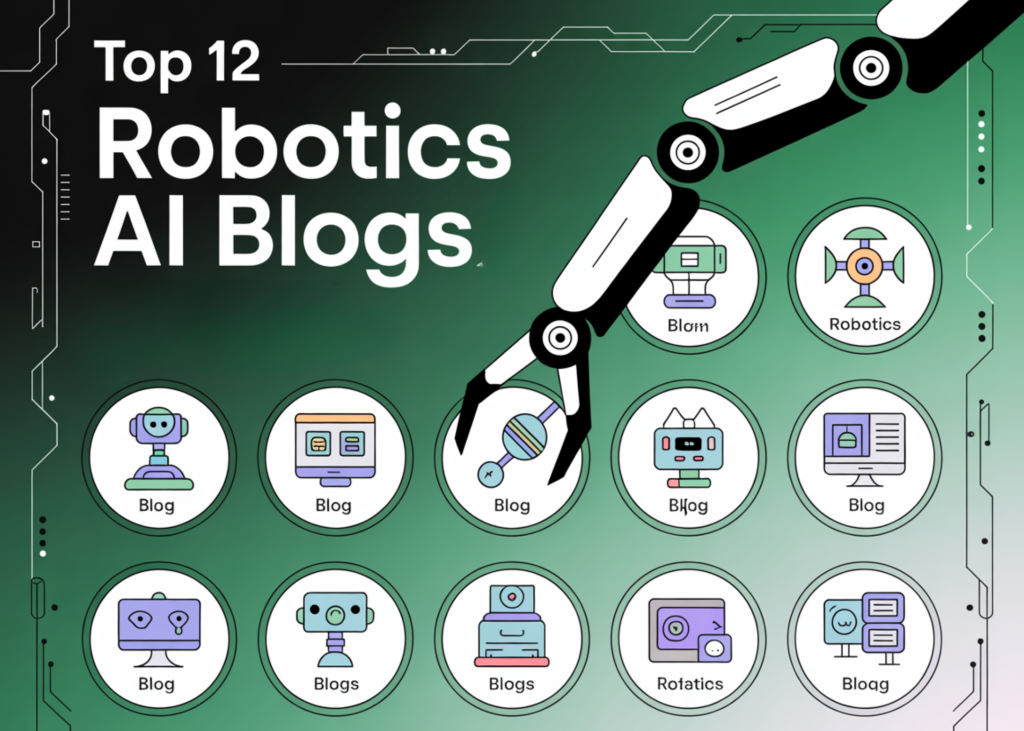Blog
The global landscape of business software is evolving rapidly, and the Global ERP Software Market is poised for remarkable growth, projected to reach an astounding $229 billion by 2033. This surge can be attributed to the ongoing technological advancements and the increasing demand for integrated software solutions that streamline business processes. In this article, we’ll explore the key drivers behind this growth, the benefits of ERP systems, and what businesses should consider when selecting the right ERP solution.
Understanding ERP Software
Enterprise Resource Planning (ERP) software is a type of integrated management software that facilitates the flow of information between all business functions inside the boundaries of the organization. By providing a centralized platform for various processes such as finance, HR, and supply chain management, ERP systems help businesses enhance efficiency and improve decision-making.
Key Drivers of Growth in the ERP Market
-
Technological Advancements
The rapid development of cloud computing, artificial intelligence, and machine learning technologies is revolutionizing ERP systems. These innovations allow businesses to operate more flexibly and efficiently, making ERP adoption more appealing. -
Integration and Automation
As companies strive to increase productivity, the demand for integrated solutions has skyrocketed. ERP systems eliminate data silos and automate tedious tasks, allowing employees to focus on strategic initiatives. -
Data-Driven Decision Making
With the rise of big data, organizations are increasingly reliant on accurate analytics. ERP systems provide real-time data that aids in informed decision-making, which is a significant driver of their adoption. - Customization and Scalability
Modern ERP solutions offer customization options suited to various industry needs, making them accessible for businesses of all sizes. Scalability ensures that as a business grows, its ERP system can adapt seamlessly.
Benefits of Implementing ERP Systems
Integrating an ERP system provides numerous advantages that can significantly transform an organization:
-
Enhanced Collaboration
With centralized data, teams can collaborate more effectively, leading to improved project management and communication across departments. -
Increased Efficiency
Automation of routine tasks reduces manual errors and accelerates business processes, resulting in overall efficiency gains. -
Improved Reporting and Analytics
Access to advanced reporting tools allows companies to track performance metrics and make data-driven decisions easily. - Cost Savings
By streamlining operations and reducing redundancies, ERP systems can lead to significant cost savings over time.
Choosing the Right ERP System
When selecting an ERP solution, businesses should consider these essential factors:
-
Define Your Needs
Understand your specific business needs and processes to choose an ERP system that aligns with your objectives. -
Evaluate Scalability and Flexibility
Ensure the ERP software can scale with your business and adapt to future changes in the market. -
Consider User Experience
A user-friendly interface is crucial for employee adoption. Conduct thorough research on the usability of potential options. - Look into Customer Support
Reliable customer support is essential for troubleshooting and ensuring uninterrupted system functionality.
Future Trends in ERP Software
The future of ERP systems looks bright, with several trends likely to shape the market:
-
Cloud-Based Solutions
Cloud ERP solutions are gaining traction due to their flexibility and lower upfront costs compared to traditional on-premise systems. -
Artificial Intelligence and Automation
AI-driven insights will enable even smarter decision-making, while automation will continue to enhance operational efficiency. - Mobile ERP
As remote work becomes more prevalent, mobile access to ERP systems will be crucial for maintaining productivity across dispersed teams.
FAQs about ERP Software
What industries benefit the most from ERP systems?
ERP systems cater to a variety of industries, including manufacturing, retail, healthcare, and finance, making them versatile tools for many businesses.
How long does it take to implement an ERP system?
Implementation timelines vary based on system complexity and company size, but it typically ranges from a few months to over a year.
What are the costs associated with ERP implementation?
Costs can vary widely depending on the chosen ERP solution, customization needs, and ongoing maintenance fees. A comprehensive understanding of all potential costs is advisable before proceeding.
Conclusion
The Global ERP Software Market is on the brink of transformative growth, driven by technology and the demand for integrated solutions. By investing in the right ERP system, businesses can achieve enhanced efficiency and adaptability in a fast-paced market. For more insights on ERP software and its impact on businesses, check out additional resources on Theme Bazar and other authoritative sites.
By choosing the appropriate ERP solution, businesses can better position themselves for future success and capitalize on the opportunities presented by ongoing technological advancements.
Elementor Pro
In stock
PixelYourSite Pro
In stock
Rank Math Pro
In stock
Related posts
Microsoft Tests Intrusive Windows 11 Boot-Up Ads for Expired 365 Subscriptions
TOP 20: melhores plugins para seu WordPress (2025) | Turbine seu site com essas dicas 🚀
Free AI tools in wordpress for content, wireframes, design, images
5-Week AI Mentorship for Startups in SF
Testing Divi Ajax Filter With Divi 5
Best Websites to Download Free GPL WordPress Themes & Plugins in 2025
3 Ways to Build ACTUALLY Beautiful Websites Using Cursor AI
Global ERP Software Market to Hit $229B by 2033 Amid Tech Boom
Top 12 Robotics AI Blogs/NewsWebsites 2025
FREE WordPress Complete Course For Beginners 2025 | How To Make a WordPress Website
【AI解説】AIと対話しHP生成WordPress.com「AI Website Builder」使い方
Competitive Robotics Programs Build Skills for AI-Driven 2025 Workforce
Products
-
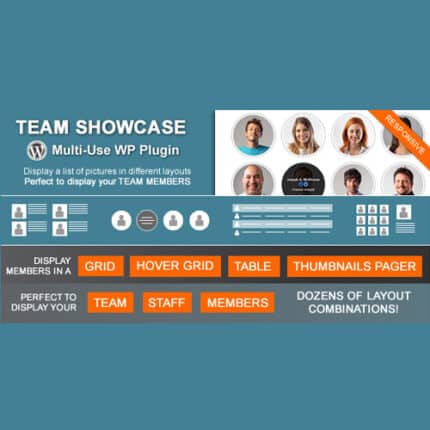 Team Showcase – WordPress Plugin
Team Showcase – WordPress Plugin
$53.71Original price was: $53.71.$4.02Current price is: $4.02.In stock
-
 ChatBot for WooCommerce – Retargeting, Exit Intent, Abandoned Cart, Facebook Live Chat – WoowBot
ChatBot for WooCommerce – Retargeting, Exit Intent, Abandoned Cart, Facebook Live Chat – WoowBot
$53.71Original price was: $53.71.$4.02Current price is: $4.02.In stock
-
 FOX – Currency Switcher Professional for WooCommerce
FOX – Currency Switcher Professional for WooCommerce
$41.00Original price was: $41.00.$4.02Current price is: $4.02.In stock
-
 WooCommerce Attach Me!
WooCommerce Attach Me!
$41.00Original price was: $41.00.$4.02Current price is: $4.02.In stock
-
 Magic Post Thumbnail Pro
Magic Post Thumbnail Pro
$53.71Original price was: $53.71.$3.69Current price is: $3.69.In stock
-
 Bus Ticket Booking with Seat Reservation PRO
Bus Ticket Booking with Seat Reservation PRO
$53.71Original price was: $53.71.$4.02Current price is: $4.02.In stock
-
 GiveWP + Addons
GiveWP + Addons
$53.71Original price was: $53.71.$3.85Current price is: $3.85.In stock
-
 ACF Views Pro
ACF Views Pro
$62.73Original price was: $62.73.$3.94Current price is: $3.94.In stock
-
 Kadence Theme Pro
Kadence Theme Pro
$53.71Original price was: $53.71.$3.69Current price is: $3.69.In stock
-
 LoginPress Pro
LoginPress Pro
$53.71Original price was: $53.71.$4.02Current price is: $4.02.In stock
-
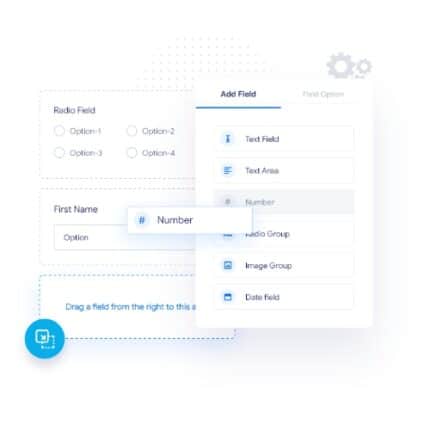 Checkout Field Editor and Manager for WooCommerce Pro
Checkout Field Editor and Manager for WooCommerce Pro
$53.71Original price was: $53.71.$3.94Current price is: $3.94.In stock
-
 Social Auto Poster
Social Auto Poster
$53.71Original price was: $53.71.$3.94Current price is: $3.94.In stock
-
 Vitepos Pro
Vitepos Pro
$53.71Original price was: $53.71.$12.30Current price is: $12.30.In stock
-
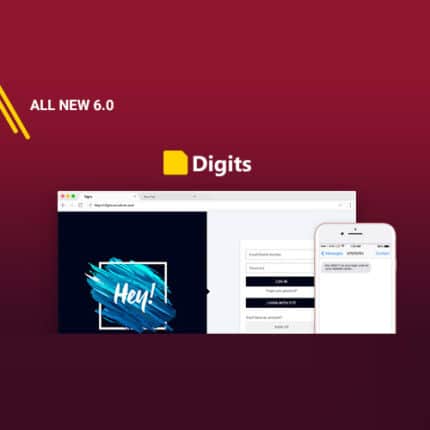 Digits : WordPress Mobile Number Signup and Login
Digits : WordPress Mobile Number Signup and Login
$53.71Original price was: $53.71.$3.94Current price is: $3.94.In stock
-
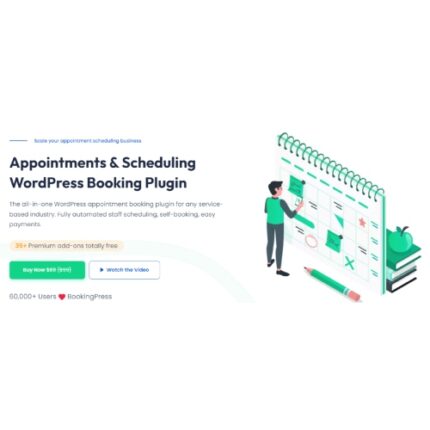 BookingPress Pro – Appointment Booking plugin
BookingPress Pro – Appointment Booking plugin
$53.71Original price was: $53.71.$3.94Current price is: $3.94.In stock
-
 Polylang Pro
Polylang Pro
$53.71Original price was: $53.71.$3.94Current price is: $3.94.In stock
-
 All-in-One WP Migration Unlimited Extension
All-in-One WP Migration Unlimited Extension
$53.71Original price was: $53.71.$3.94Current price is: $3.94.In stock
-
 Slider Revolution Responsive WordPress Plugin
Slider Revolution Responsive WordPress Plugin
$53.71Original price was: $53.71.$4.51Current price is: $4.51.In stock
-
 Advanced Custom Fields (ACF) Pro
Advanced Custom Fields (ACF) Pro
$53.71Original price was: $53.71.$3.94Current price is: $3.94.In stock
-
 Gillion | Multi-Concept Blog/Magazine & Shop WordPress AMP Theme
Rated 4.60 out of 5
Gillion | Multi-Concept Blog/Magazine & Shop WordPress AMP Theme
Rated 4.60 out of 5$53.71Original price was: $53.71.$5.00Current price is: $5.00.In stock
-
 Eidmart | Digital Marketplace WordPress Theme
Rated 4.70 out of 5
Eidmart | Digital Marketplace WordPress Theme
Rated 4.70 out of 5$53.71Original price was: $53.71.$5.00Current price is: $5.00.In stock
-
 Phox - Hosting WordPress & WHMCS Theme
Rated 4.89 out of 5
Phox - Hosting WordPress & WHMCS Theme
Rated 4.89 out of 5$53.71Original price was: $53.71.$5.17Current price is: $5.17.In stock
-
 Cuinare - Multivendor Restaurant WordPress Theme
Rated 4.14 out of 5
Cuinare - Multivendor Restaurant WordPress Theme
Rated 4.14 out of 5$53.71Original price was: $53.71.$5.17Current price is: $5.17.In stock
-
 Eikra - Education WordPress Theme
Rated 4.60 out of 5
Eikra - Education WordPress Theme
Rated 4.60 out of 5$62.73Original price was: $62.73.$5.08Current price is: $5.08.In stock
-
 Tripgo - Tour Booking WordPress Theme
Rated 5.00 out of 5
Tripgo - Tour Booking WordPress Theme
Rated 5.00 out of 5$53.71Original price was: $53.71.$4.76Current price is: $4.76.In stock
-
 Subhan - Personal Portfolio/CV WordPress Theme
Rated 4.89 out of 5
Subhan - Personal Portfolio/CV WordPress Theme
Rated 4.89 out of 5$53.71Original price was: $53.71.$4.76Current price is: $4.76.In stock
-
 Travel Tour - Travel Booking WordPress
Rated 4.50 out of 5
Travel Tour - Travel Booking WordPress
Rated 4.50 out of 5$53.71Original price was: $53.71.$4.51Current price is: $4.51.In stock
-
 Eduma – Education WordPress Theme
Rated 4.33 out of 5
Eduma – Education WordPress Theme
Rated 4.33 out of 5$53.71Original price was: $53.71.$4.51Current price is: $4.51.In stock
-
 Airtech - Plumber HVAC and Repair theme
Rated 4.80 out of 5
Airtech - Plumber HVAC and Repair theme
Rated 4.80 out of 5$62.73Original price was: $62.73.$5.33Current price is: $5.33.In stock
-
 Bookio – Book Store WooCommerce WordPress Theme
Rated 4.20 out of 5
Bookio – Book Store WooCommerce WordPress Theme
Rated 4.20 out of 5$53.71Original price was: $53.71.$4.92Current price is: $4.92.In stock









